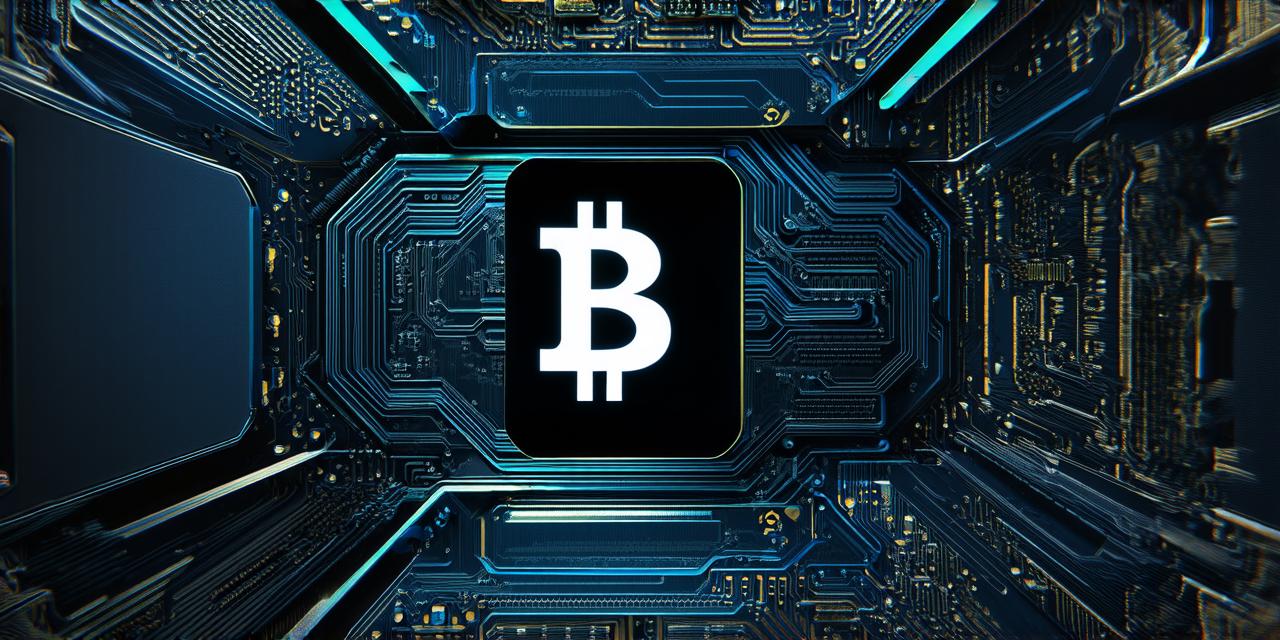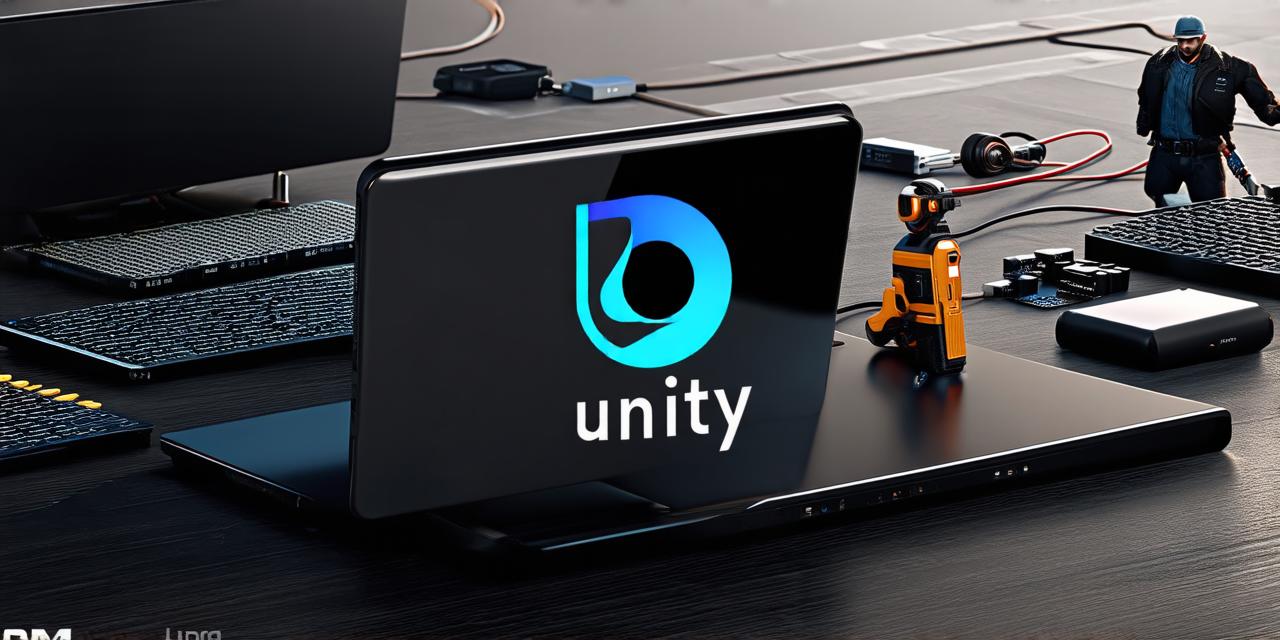
If you’re a developer looking to create immersive games and applications with Unity, but don’t want to break the bank on a license, you’re in luck. Unity offers several ways to obtain the software at no cost, making it accessible to developers of all backgrounds.
1. Unity Personal Edition
Unity Personal Edition is the most popular version of the software and is designed for personal projects and small-scale commercial projects. It offers all the basic features of Unity, including 2D and 3D game development, animation, physics, and more. The best part? It’s completely free to use for personal and commercial purposes.
To download Unity Personal Edition, simply visit the Unity website and click on the “Download” button. From there, you can choose between the Windows, macOS, and Linux versions of the software. Once installed, you’ll have access to a vast array of tools and resources to help you create your next project.
2. Unity Hub
Unity Hub is a free tool from Unity Technologies that makes it easy to manage your Unity projects and assets across multiple machines. With Unity Hub, you can quickly install and update the software, as well as access your project files and assets from anywhere.
To use Unity Hub, you’ll need to have Unity Personal Edition installed on your machine. Once you have the software installed, simply download and install Unity Hub from the Unity website. From there, you can link your projects and assets to your Unity account and start managing them with ease.
3. Open Source Unity Projects
If you’re looking for a more advanced version of Unity that offers additional features and capabilities, you may want to consider using open-source Unity projects. These projects are created by community members and can be downloaded and modified for free.
Some popular open-source Unity projects include Unreal Engine, Godot, and Blender. These software offer similar functionality to Unity Personal Edition, but with additional tools and features that may be useful for more advanced projects.
To use an open-source Unity project, you’ll need to download the software from the appropriate source and follow the installation instructions provided by the community members who created it. Once installed, you can start modifying and customizing the software to meet your needs.
4. Unity Cloud Services
Unity Cloud Services is a cloud-based platform that allows developers to host and share their Unity projects online. With Unity Cloud Services, you can collaborate with other developers, access your projects from anywhere, and even deploy them to web browsers or mobile devices.
To use Unity Cloud Services, you’ll need to have an account on the Unity website. Once you have an account, you can create a new project and upload it to the cloud platform. From there, you can invite other developers to collaborate on the project and share it with your audience.
5. Unity Asset Store
The Unity Asset Store is an online marketplace that offers a wide variety of assets, tools, and plugins for Unity projects. These assets can be downloaded and used in your projects for free or for a fee, depending on the creator’s pricing model.
To use the Unity Asset Store, you’ll need to have an account on the Unity website. Once you have an account, you can browse through the asset store and download the assets you need for your project.


